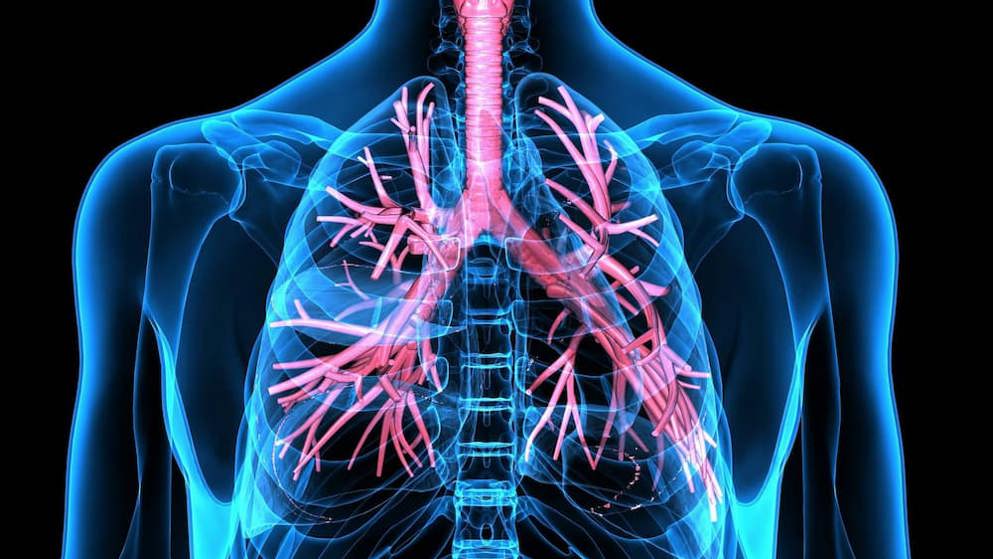Phase III CAPTAIN study of Trelegy Ellipta meets primary endpoint in asthma
GlaxoSmithKline and Innoviva announced headline results from the pivotal phase III CAPTAIN study of once-daily single inhaler triple therapy Trelegy Ellipta (fluticasone furoate/umeclidinium/vilanterol: FF/UMEC/VI) compared to Relvar/Breo Ellipta (FF/VI), in the treatment of patients living with uncontrolled asthma. The study met its primary endpoint, demonstrating a statistically significant 110mL improvement in lung function (measured by change from baseline in trough FEV1 at 24 weeks of treatment) for FF/UMEC/VI 100/62.5/25mcg (p<0.001, 95% CI: 66-153 mL) compared with Relvar/Breo 100/25mcg and a statistically significant 92mL improvement in trough FEV1 for FF/UMEC/VI 200/62.5/25mcg versus Relvar/Breo 200/25mcg (p<0.001, 95% CI: 49-135 mL).
The key secondary endpoint was annualised rate of moderate/severe exacerbations for FF/UMEC/VI (100/62.5/25 and 200/62.5/25) versus Relvar/Breo (100/25 and 200/25) and demonstrated a 13% (95% CI: -5.2 to 28.1) reduction in exacerbations, however this was not statistically significant. Therefore, all subsequent analyses were considered descriptive. CAPTAIN was also designed to investigate two further doses of FF/UMEC/VI (100/31.25/25 and 200/31.25/25 mcg) compared to Relvar/Breo (100/25 and 200/25). There were increases in trough FEV1 of a similar magnitude to those of FF/UMEC/VI 100/62.5/25 and 200/62.5/25, with no difference in exacerbation rates.
The safety profile of FF/UMEC/VI was consistent with the known profile of the individual components and their combinations. Adverse event rates were similar across all six study arms with the most common adverse events being reported as nasopharyngitis (13-15%), headache (5-9%), upper respiratory tract infection (3-6%) and bronchitis (3-5%).

